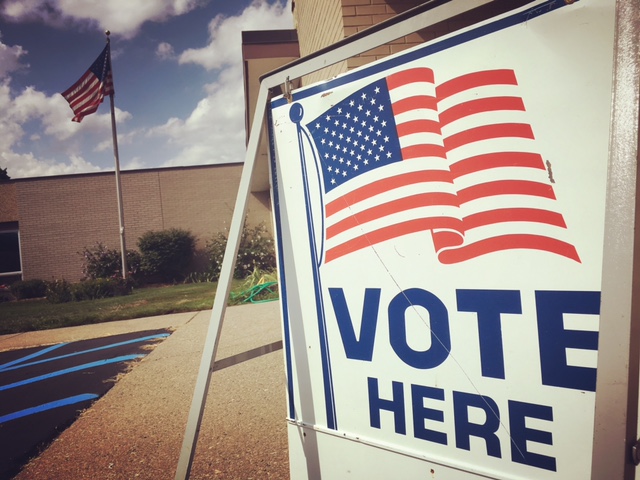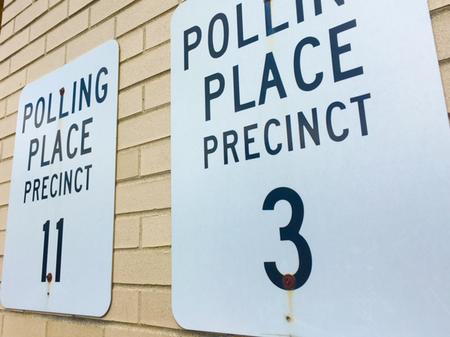November Election Could Signal Change to Michigan’s Political ‘Color’
Multiple political experts agree Michigan is a purple state. Though how much red and blue is in that purple is evolving.


When it comes to identifying a state politically, the shorthand is often “red state” for Republican or “blue state” for Democratic.
But Michigan’s shade is a bit more nuanced.
Multiple political experts agree – Michigan is a purple state. Though how much red and blue is in that purple is evolving.
For years, Michigan has tended to elect Democrats to the US Senate and the presidency, but it’s picked Republicans for statewide office.
The tricky part to figuring out Michigan’s political identity lies in what political consultant Dennis Darnoi calls “purple voters.”
He said the interplay between how those people vote on a federal level – Democrats for president, versus a state level – lately Republican, is what really makes Michigan purple.
“You know when you look at the state level it’s very much a red state and I think it’s balanced by those purple voters who are willing to vote for Obama for president and then a Republican for county executive, and sheriff and prosecutor,” said Darnoi.
But the 2016 election made some analysts rethink how they characterize Michigan. That’s because, in a break from recent history, Michigan went “red” in the presidential election, narrowly voting for Donald Trump.
Robert Yoon is a reporter and analyst for Inside Elections. He said it’s possible Trump’s Michigan win was a blip. But it could also signal a shift in the state’s political character.
“There are few things to wonder about, whether 2016 was the start of a long-term realignment from blue to red,” Yoon said.
And analysts will be looking to this upcoming November election to try and figure that out.
Republicans would need to hang onto their majorities in the state House and Senate, along with the governor’s office. But polls suggest this could be a better year for Democrats in Lansing.
Zach Gorchow is the Editor of Gongwer News Service. He said if Democrats do take everything in November, they shouldn’t get complacent.
“That doesn’t mean that Michigan suddenly like ‘Awe yeah, it’s a blue state we knew that, of course it is,’” he said. “It will definitely cement it as like this is a competitive, purple, two party state.”
However, Gorchow said if Republicans hang onto power at the state Capitol…that’s a different story.
“If they were to win just about everything this year, it would have sort of I think a cementing effect,” Gorchow said. “Whereas for Democrats, if they do win everything it’s still recent that they didn’t have everything.”
It’ll take a few more election cycles to get a better view of Michigan’s long-term political identity.
Reporter Robert Yoon says 2018 will be a good indicator. But it’s too early to say whether Michigan will continue to be known as a reliably purple state.
“If I could get back to you in ten years that would be helpful,” he said.
That uncertainty means Michigan will likely be a focus of attention after the midterms as another presidential election cycle gets underway.

